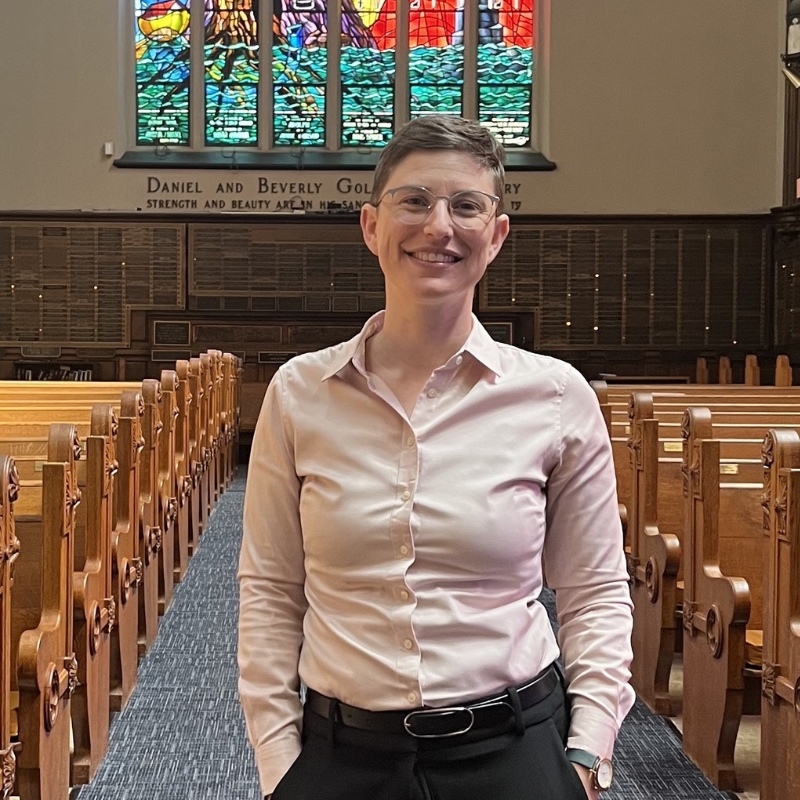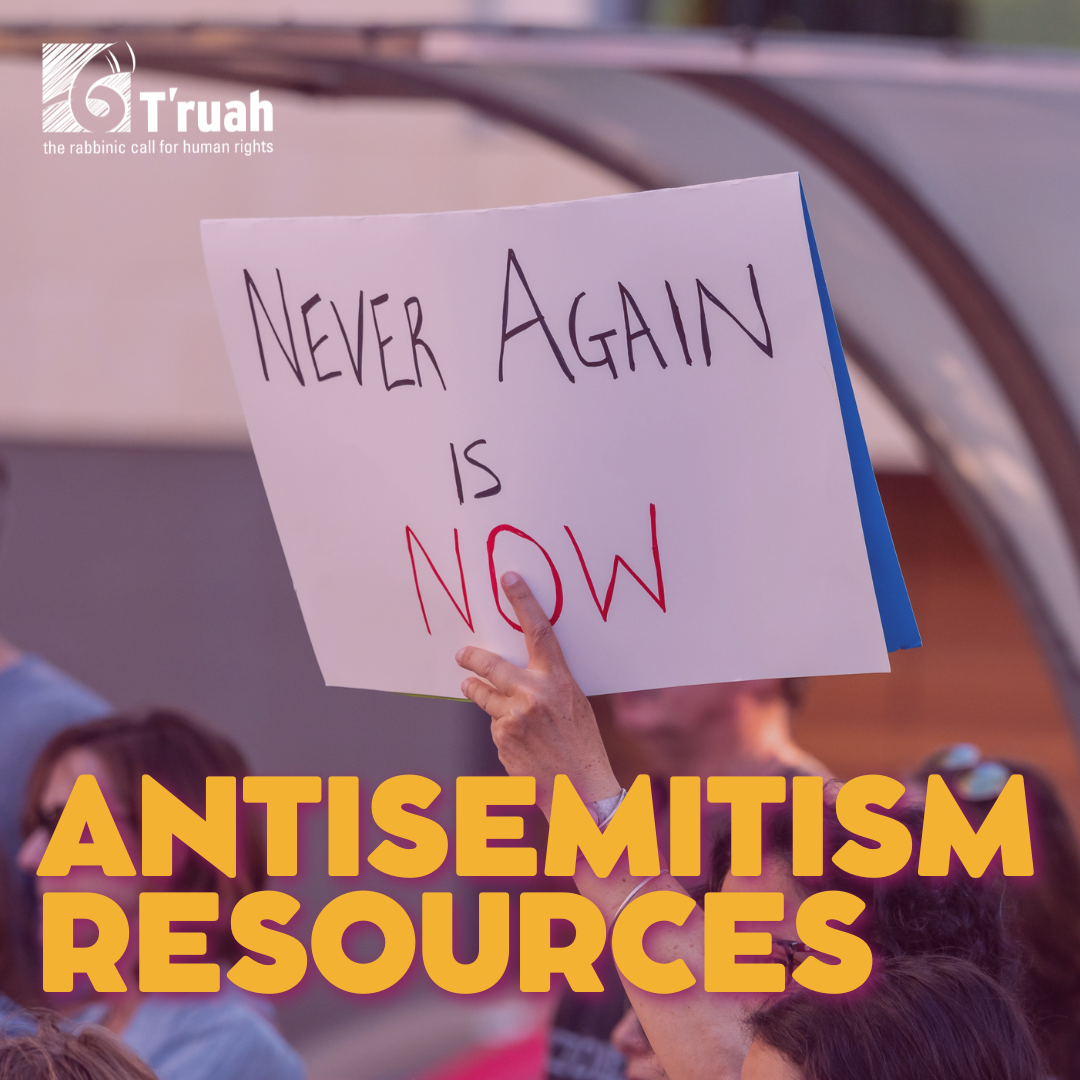Resources
From Crisis to Community: Reading Martin Buber in the time of Social Distancing
More than a century ago, Martin Buber worried about a crisis in modern life: how would increased alienation and “social distance” of modern societies affect the well-being of humanity? Both in his writings on the notion of dialogue and his writings on Judaism, Buber speaks about the spiritual dimension of human relationships as the basis...
more
Virtual Actions/Calls of Justice during COVID-19
As COVID-19 spread, and people everywhere were forced into their homes, T’ruah organized weekly online virtual actions, gathering our community together to learn, engage in ritual, and push our representatives to hear the “call of justice” that the Torah demands we amplify. July 2020 7/28 Call of Justice: Take action for Essential Workers 7/21...
more
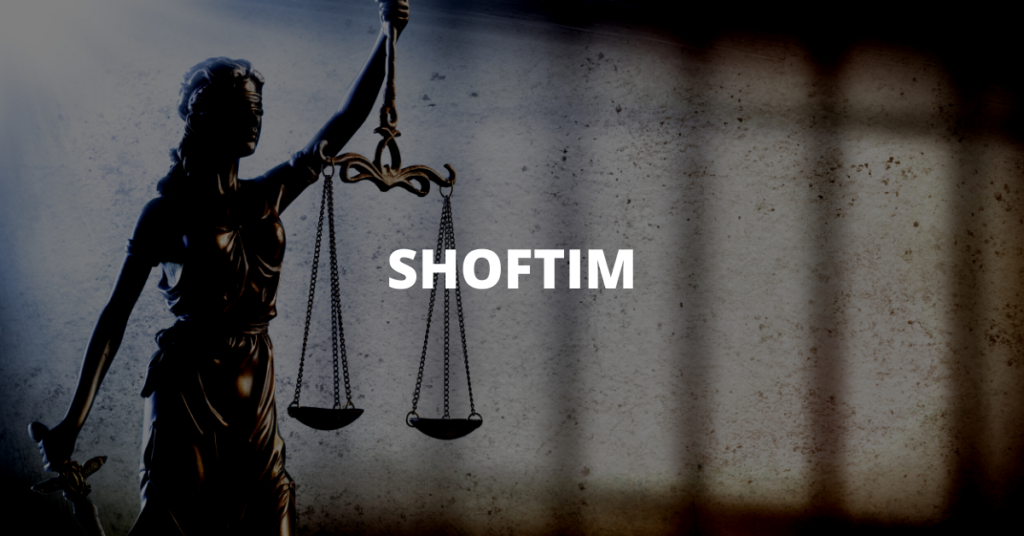
Doing Justice Justly
When our methods are just, our system doesn’t grant privileges to the powerful and strip protections from the vulnerable. As the Torah formulates it this week, “You shall not judge unfairly: you shall show no partiality; you shall not take bribes.” The justice system ought to represent all equally...
more
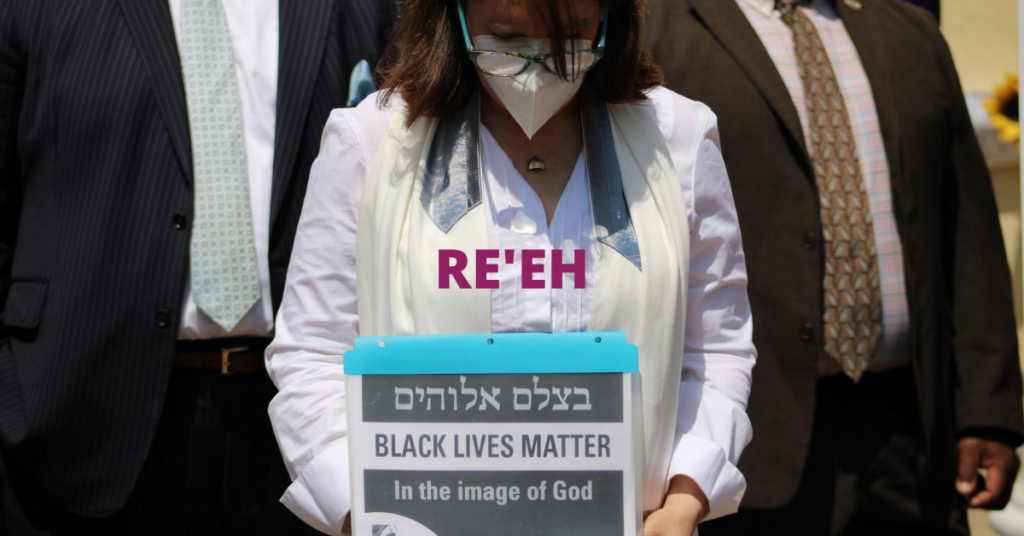
The World as It Is and the World as It Should Be
"As an organizer who encourages people to march for justice and bring their activism to the streets, I often get asked if the signs and slogans of protests are unrealistic, or would turn people away with their seemingly out of reach demands and strong language."
more
COVID-19 and Racism with Tish James 5/21/20
“This crisis has illuminated the stark inequalities that have existed in this country long before this crisis but have now been brought to the forefront.”- Attorney General Letitia James Letitia “Tish” James, the first woman of color to be elected to the position of Attorney General in New York State, spoke with T’ruah about the ways...
more
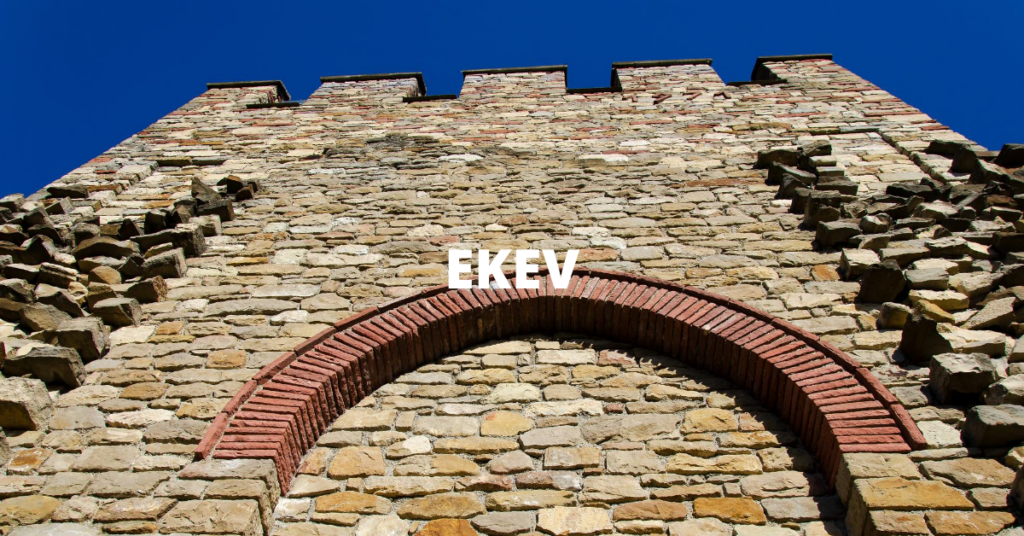
Circumcised Hearts and Stiff Necks
...when we circumcise our hearts we can then turn our necks outward to the world, vulnerable, nakedly open to the experiences of others. The internal work cannot be separated from the work of changing the world, of standing shoulder to shoulder with those who are oppressed. We cannot have one without the other.
more
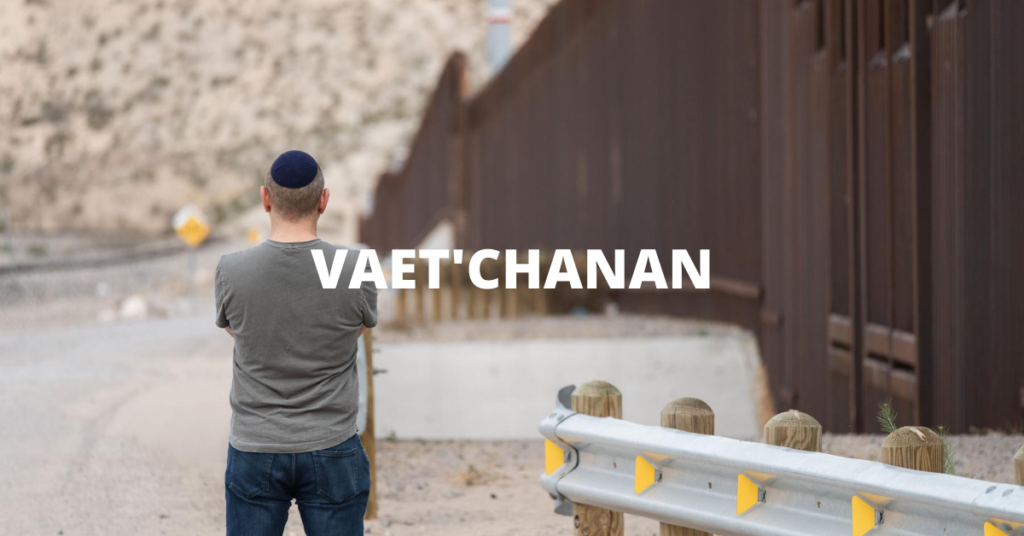
Antisemitism is Not Inevitable
I believe, however, that antisemitism is not eternal or inevitable. It is something we can overcome, if we understand it properly. Common references to antisemitism as “the world’s oldest hatred” obscure the ways that it actually functions and who it benefits.
more
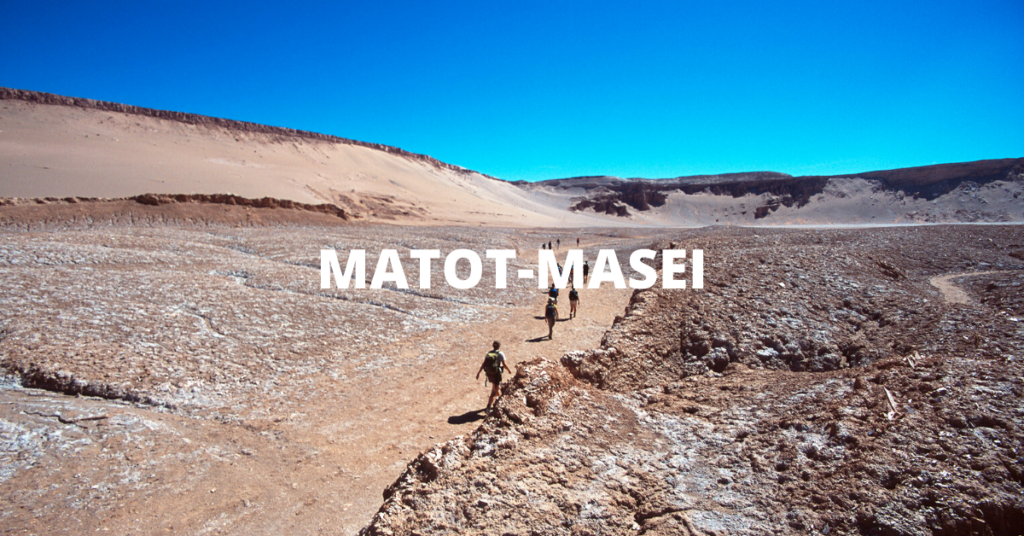
The Daughters Who Roared and Were Heard
If the wood gatherer teaches us about the threat of a raid on the commons, the sisters reinforce the lesson by anticipating a more subtle version of it. Consider what would have happened had the daughters not acted. In short, Zelophehad’s brothers likely would have fought over who should get their brother’s land. At the extreme, if all it takes to inherit land is to be the last brother standing, we face the dire prospect of a fratricidal free-for-all.
more
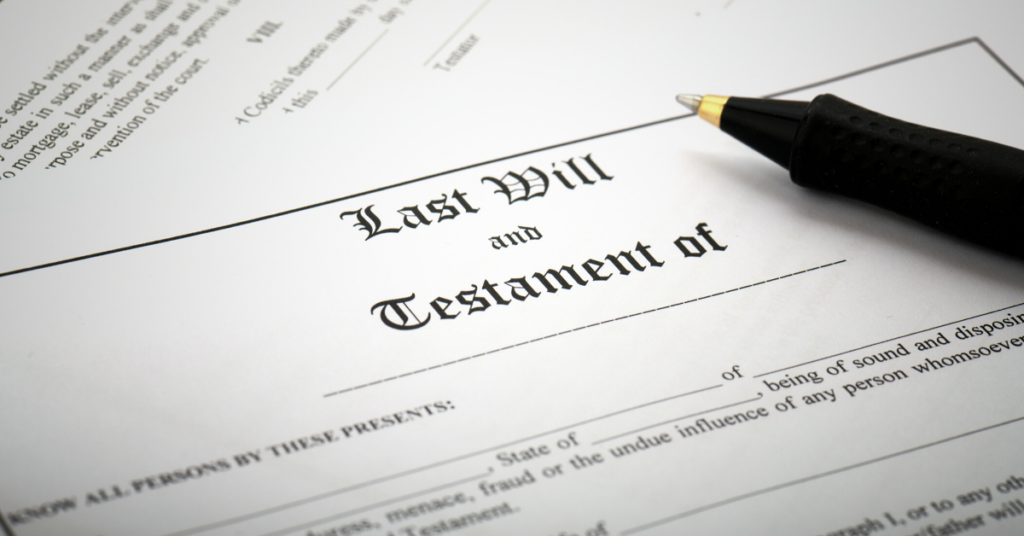
To Transform Our Economic System, We Need to Challenge Inheritance
Mahlah, Noa, Hoglah, Milcah, and Tirzah, the daughters of Zelophehad, recognize and name another crisis, which is that the inheritance laws are set so that families with only daughters are unable to inherit land and instead their families lose their access to land. The five women respond powerfully to the crisis of their father’s death, and a structural shortcoming, with an eye towards intergenerational shifts rather than short-term reform.
more
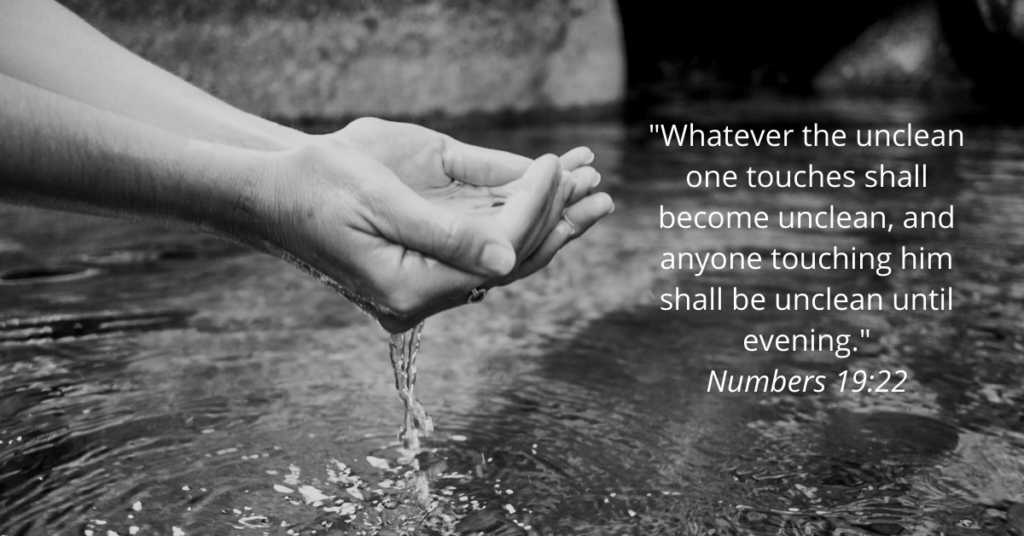
Purell, Red Heifers, and Why Not Being Racist Isn’t Enough
And at some point, I looked down at my hands and my children’s hands, spotless from washing, no dirt under our nails, and I thought about the historical chain of racist violence and state-sanctioned brutality that our hands grasped. Our social system makes certainty of our cleanliness an impossibility. Quite the opposite: we are all unclean, no matter how much we may have washed.
more

